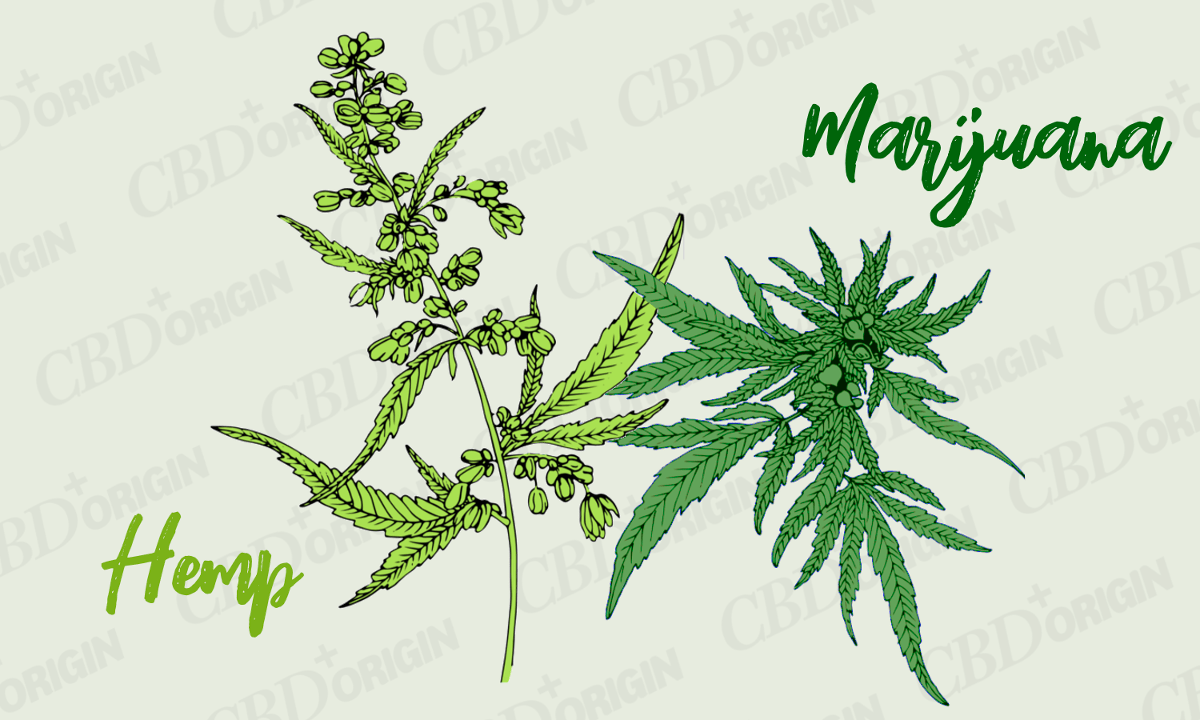Hemp seeds may be gaining recent popularity in the health food game, but they have
actually been around for quite some time. History dates human utilization of hemp
all the way back to 8,000 BCE! Did you know that even the Declaration of
Independence was written on hemp paper? George Washington and Thomas Jefferson were hemp
growers and actively advocated for hemp production. It wasn’t until 1998 that the United
States began to import food-grade hemp seeds and oil and we’ve been fans of this
nutrient-filled food ever since.
Many individuals are still cautious about hemp seeds based on the notion that it is
associated with marijuana. However, hemp and marijuana are not the same thing.
The biggest distinction of the two is the content of Tetrahydrocannabinol (THC) and
Cannabidiol (CBD). Hemp contains very little THC (legally in NC, 0.3% or less THC), whereas
marijuana contains a muchlarger concentration. Hemp is primarily grown for industrial uses such as clothing,
paper, biofuels, food products, and oils. The plants themselves even look different.
See photo below:
Here’s a little bit about the food-grade hemp seed you may have not known…
Super Seeds: Hemp seeds are extremely nutritious! These seeds are made up of
about 30% fat, but the good kinds. They contain two essential fatty acids, Omega-6 &
Omega-3. Hemp seeds are a great way to increase your plant-based protein intake.
Approximately 25% of their calories come from high-quality, complete protein. Not
only are they jam-packed with protein and good fat, they also have many other
nutrients such as magnesium, sulfur, calcium, and iron.
Heart Disease Prevention: Hemp seeds contain an amino acid called arginine. This
particular amino acid produces nitric oxide in your body. Nitric oxide allows your
blood vessels to dilate and relax, which can lead to lowering of blood pressure and a
reduction in heart disease risk. Other studies have shown that hemp seeds can also
decrease the risk of blood clots and help the heart recover post-heart attack.
Great Skin: Hemp seeds and hemp seed oil have been studied for their impacts on
immune responses in the body. Due to their high levels of omega-6 and omega-3
fatty acids hemp seeds can assist with your immune health. A few studies have
shown positive benefits of hemp seeds and symptoms of eczema, dry skin, and
itchiness.
Listen Up Ladies: Do you ever suffer from PMS or Menopause symptoms? It may be
time to purchase some hemp seeds. Symptoms associated with PMS and Menopause
are due to the hormone prolactin. Hemp seeds contain gamma-linolenic acid, which
produces prostaglandin E1. Prostaglandin E1 reduces the effects of the hormone
prolactin. Studies have shown that women who use hemp seeds may see a reduction
in their PMS and Menopause symptoms.
Whole Fiber: Eating the whole hemp seed, including the outer shell, will increase
your insoluble and soluble fiber intake. These fibers will help you feel fuller longer,
reduce blood sugar spikes, help food waste pass through your system, and reduce
risk of diabetes. De-hulled or shelled hemp seeds, sometimes referred to as hemp
hearts, contain little fiber since the outer shell has been removed.
Hemp seeds are quickly coming onto the health food scene and gaining popularity
for their nutritious benefits. With a high quality and complete protein source and
containing two essential fatty acids, hemp seeds are considered a superfood.
At FreshVibes you will find hemp seeds on a variety of items from the Banana Boat
to on top of your favorite Kale Yeah Superfood Smoothie. You can add these delicious, subtly
nutty flavored superfood seeds to anything!
Here’s a recipe to incorporate them into your everyday lifestyle:
References:
https://www.healthline.com/nutrition/6-health-benefits-of-hemp-seeds#section7
https://medium.com/cbd-origin/hemp-vs-marijuana-the-difference-explained- a837c51aa8f7

Recent Comments